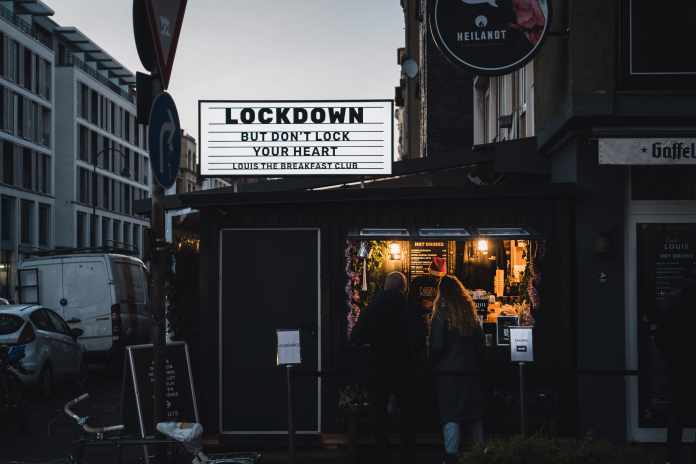The stressful events of these last couple years have left people from all walks of life emotionally reeling. As a result of this pandemic, massive bouts of fear, anxiety, loneliness, insomnia, depression and other chronic mental health issues are on the rise. But while these conditions can impact anyone, senior adults are often particularly vulnerable.
A recent study from the Lancet Regional Health Americas Journal found that nearly 20 percent of adults aged 60 years or older currently suffer from depression in 2021. This is approximately a 5 percent increase from 2020, and it’s important to be aware that depression can still linger even as the world continues to re-open and COVID-19 rates continue to decline. (johnnydelmonicos.com) Moreover, there are many reasons for this elevated risk of depression among seniors.
As Frontiers in Psychology reports, the combination of financial worries, social isolation, health concerns and jarring shifts in routine or environment can lead to negative mental health outcomes for many in this age bracket. However, an older person might not communicate how they feel, so if you’re a relative or caregiver, here are some lifestyle and behavioral signs that might indicate your loved one is suffering from post-COVID depression.
Post-COVID Depression Signs to Be Aware of in Senior Adults
“Depression is underreported and undertreated—especially in the 65+ age group. Depression can slow recovery from or worsen prognosis for other medical problems,” the memory care experts at Vineyard Senior Living point out. “We know seniors have an increasing variety of medical issues as they age, so [depression] can complicate the recovery process. Most importantly, the symptoms of depression can cause a decrease in functioning and limit someone’s ability to age in place.”
To help your loved one manager their depression, it’s important to know which indicators to look for in the first place. Your loved one might not clue you into the specifics of their mood state with a clear, forthright disclosure like, “I have depression” or “I feel depressed.” Instead, you’ll often need to pay attention to the subtext of their comments. For example, you might hear the person make statements of a negative or hopeless nature such as, “There’s no point in even being here if I can’t do this or that.” These types of remarks can offer you a glimpse into how their mental health is faring.
They could also exhibit some or all of the symptoms below:
- Problems with decision making and concentration
- Need for excessive reassurance to perform basic tasks
- Preoccupation with death or physical health limitations
- Loss of interest in pleasurable hobbies and activities
- Withdrawal from family relationships or social interactions
- Changes in normal appetite or body weight
- Sleeping too much (fatigue) or not enough (insomnia)
- Insufficient motivation and energy to function
- Fluctuations in mood such as anger, despair or irritability
- Comments that reveal a lack of hope and self-worth
- Refusal to take medications or attend physician visits
It’s Crucial to Notice and Act On the Signs of Post-COVID Depression
While this is not always the case, research from the Middle East Current Psychology journal reveals that some senior adults with a pre-existing case of depression are also at increased risk for PTSD in the aftermath of this pandemic. This is because both the emotional and behavioral symptoms of depression often make it tough to build the resilience a person needs to weather traumatic events. Moreover, as the study points out, seniors with PTSD could experience more severe mental health concerns like suicidal ideation.
That does not mean your loved one’s depression will most certainly escalate to this level, but it’s crucial to notice the signs and seek out helpful resources or interventions as soon as possible. As Vineyard Senior Living experts note, “It’s also important to note depression is not a normal part of aging. Not everyone gets depressed. Sadness, grief, loss and temporary ‘blue’ moods are normal, but persistent depression that interferes with the ability to function is not.”
If a senior adult in your care starts to behave in a way that feels consistent with post-COVID depression, do not overlook this or normalize it as part of their stage in life. Ask questions to understand their mental state, then schedule an appointment with their doctor to begin a course of treatment.










